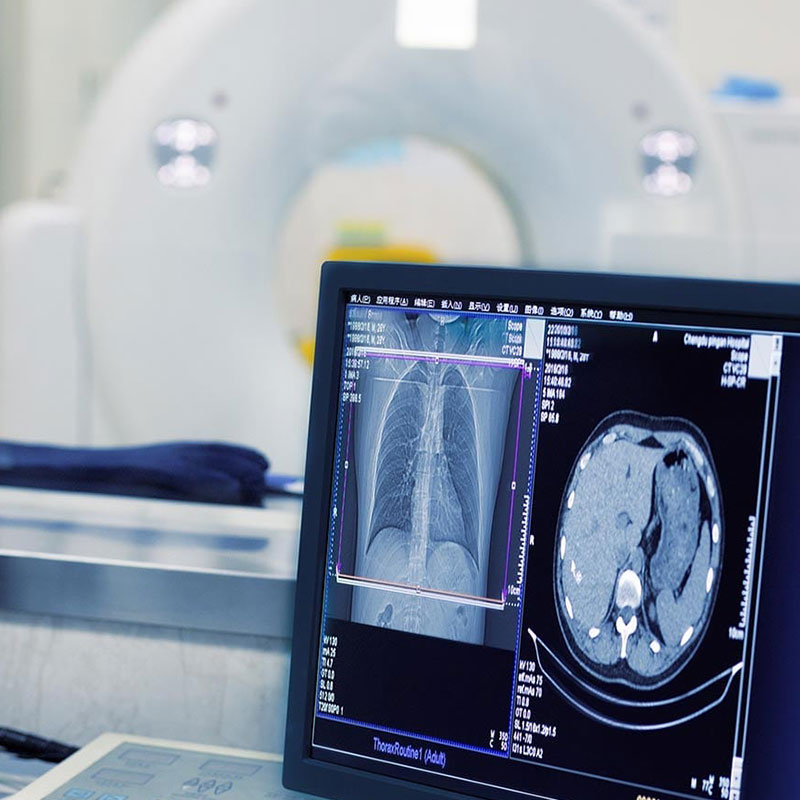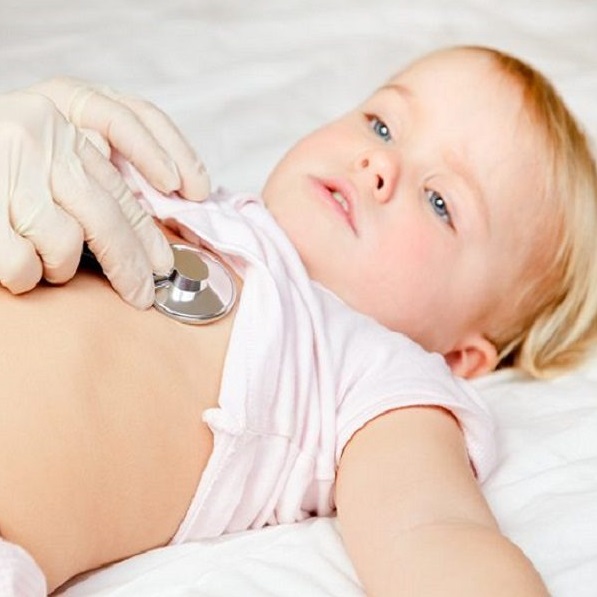Emergency, Coordinated Heart Care Rescues Busy Professional

September 17, 2024
A rare work-from-home day for both Eva Maravelias and her husband Brian proved to be the start of a series of fortunate events that—along with cutting-edge care at two Hackensack Meridian Health facilities—saved the life of the Toms River, New Jersey, woman.
In early March 2024, 45-year-old Eva, a mother of two, was wrapping up a work-related conference call when she felt herself begin to lose consciousness. The abrupt symptom came in the wake of two brief episodes of an odd, uncomfortable sensation in Eva’s chest over the preceding weeks—a symptom she had ignored. The busy professional, a vice president of visual merchandising for a luxury department store chain, was finding it hard to keep her head above water with extensive business travel and the recent death of her mother-in-law.
Just as she lost consciousness, Eva called out to Brian in his upstairs office. His swiftness in summoning first responders—who had to restart her heart—was vital to Eva’s survival, as was subsequent cardiac treatment at Ocean University Medical Center and Hackensack University Medical Center.
“There was a domino effect,” Eva recalls. “Everything had to go perfectly the way it did for me to be alive.”
Quick Action for a Rare Heart Condition
With no prior health problems or major risk factors, Eva wasn’t typical of someone who has a heart attack in her forties. But Ocean interventional cardiologist Arthur Okere, M.D., discovered yet another serious problem: three main arteries on the left side of Eva’s heart had torn, a condition known as spontaneous coronary artery dissection, or SCAD. It’s rare, but occurs more often in younger women and is typically brought on by physical or emotional stress, Dr. Okere says.
With his cohesive team at Ocean’s new Heart and Vascular Center, Dr. Okere inserted a tiny heart pump called an Impella through an artery in Eva’s groin. The device is designed to take blood from the heart and circulate it to the rest of the body, allowing the damaged heart muscle to rest.
But Dr. Okere quickly determined the tiny pump would not be sufficient for Eva’s needs. “Her heart muscle was barely moving because so many arteries were involved,” he recalls. “And that’s what made it so devastating that we couldn’t just watch, wait and let it heal. We had to act, or she would die.”
Collaborative Care and Advanced Heart Technology
After confirming that Eva’s brain was still functioning—a concern because of possible oxygen deprivation—Dr. Okere reached out to Mark Anderson, M.D., chair of cardiac surgery at Hackensack University Medical Center. The two specialists decided Eva should be transported via helicopter to Hackensack, which had the capability to implant a larger Impella device to help her ailing heart.
Unable to shuttle the pump through an artery under her arm, Dr. Anderson performed surgery to partially open her chest wall and place the Impella directly into Eva’s aorta, the body’s largest artery. The approach worked splendidly, stabilizing Eva and offering her heart the crucial ability to circulate blood more efficiently.
By the next day, Eva was taken off the ventilator that had helped her breathe and was able to sit up in a chair and greet her family.
“She was really lucky to get to a medical center and a system that has a process like ours, available technology she needed, and the ability to move her quickly to a higher level of care,” Dr. Anderson says. “Our multidisciplinary, team-based approach allowed us to optimize her care in what was otherwise an extremely critical situation.”
‘Bright Future’ After Emergency Heart Surgery
After two weeks at Hackensack, Eva’s Impella device was removed and she went home. Along with regular checkups, a combination of medications and cardiac rehabilitation aims to steadily increase her heart’s pumping ability. Her doctors are optimistic she’ll have a robust recovery.
“We expect her to do very, very well,” Dr. Okere says. “She has a very bright future.”
Eva, who reported being able to hear what was happening around her even while she was unresponsive, has leaned heavily on her faith and family during the crisis.
“Everything I knew about my faith was proven true,” she says. “God was with me.”
As she plans to return to her job, she also knows her approach to life has changed since before the ordeal. “I’m really focused on the present,” she says. “I’m in a different mindset, just grateful for the day I’m getting today.”
Next Steps & Resources
- Meet our sources: Arthur Okere, M.D. and Mark Anderson, M.D.
- To make an appointment with a cardiologist near you, call 800-822-8905 or visit our website.
- Learn more about heart care at Hackensack Meridian Health.
The material provided through HealthU is intended to be used as general information only and should not replace the advice of your physician. Always consult your physician for individual care.






